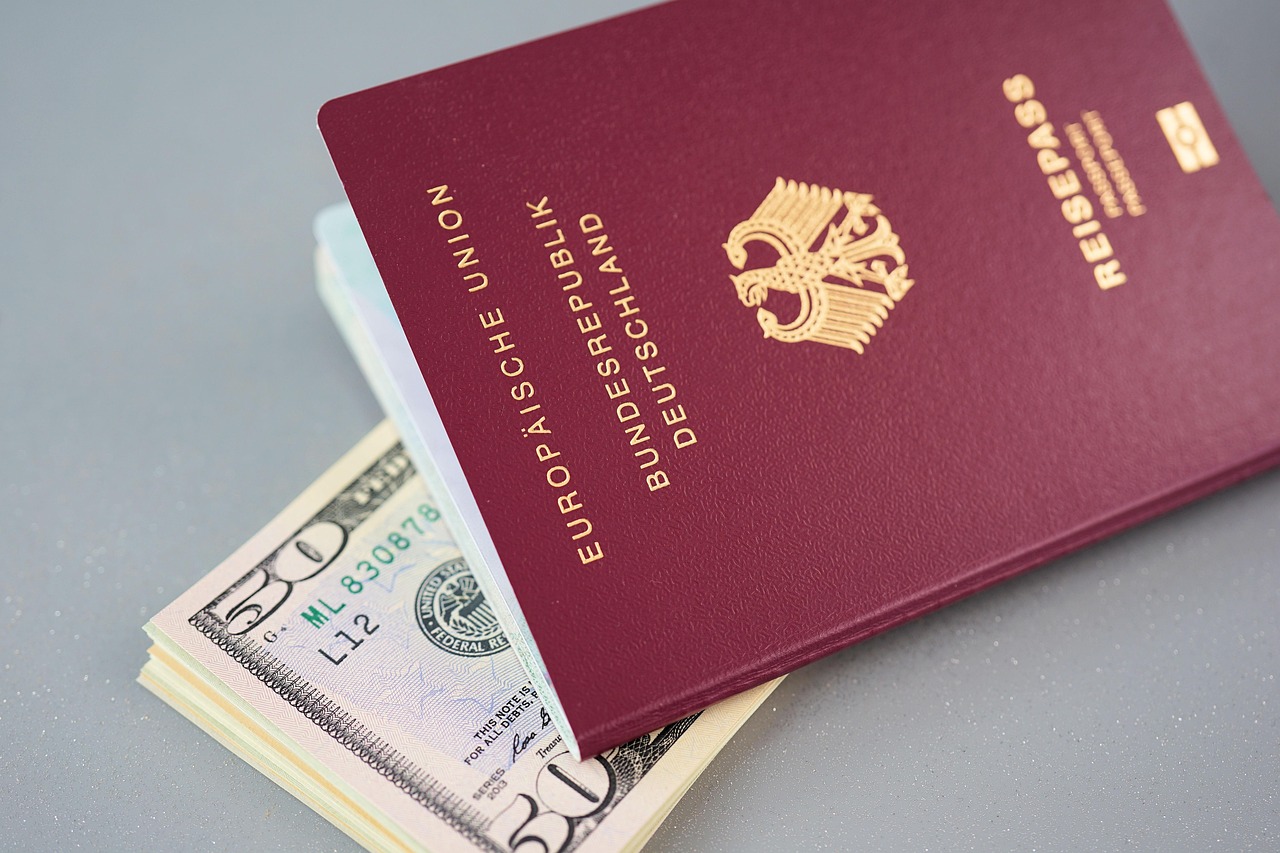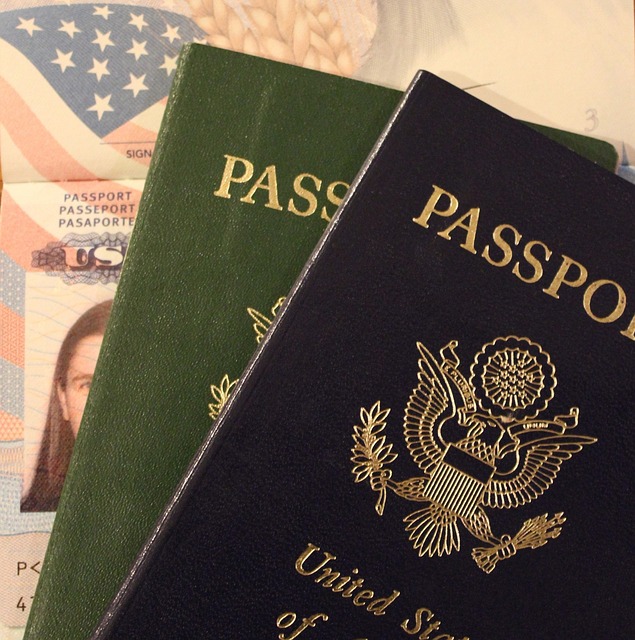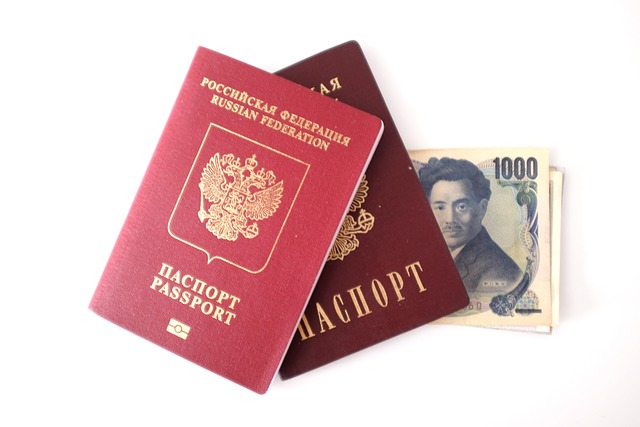Family Reunification Visa: Bringing Loved Ones to the Netherlands

The Netherlands is a popular destination for expatriates due to its high quality of life, excellent healthcare, and vibrant culture. For those who have settled in the Netherlands, the desire to bring family members to join them is natural. The Family Reunification Visa allows residents to reunite with their loved ones, ensuring that families can live together in the Netherlands. This article provides a comprehensive guide to the Family Reunification Visa, including eligibility requirements, the application process, and tips for a successful application.
1. What is a Family Reunification Visa?
A Family Reunification Visa is a type of residence permit that allows family members of a legal resident in the Netherlands to join them. This visa is designed to help families stay together and is available to spouses, registered partners, children, and sometimes other dependent relatives.
1.1 Who Can Apply?
- Spouses and Registered Partners: Married couples and registered partners can apply for family reunification.
- Children: Minor children (under 18) of the sponsor can join their parent(s) in the Netherlands.
- Other Dependent Relatives: In some cases, dependent relatives such as parents or adult children may be eligible, though this is less common and subject to stricter conditions.
2. Eligibility Requirements
2.1 For the Sponsor (Resident in the Netherlands)
- Valid Residence Permit: The sponsor must hold a valid residence permit in the Netherlands, such as for work, study, or asylum.
- Sufficient Income: The sponsor must demonstrate sufficient and stable income to support the family members. The income requirement is based on the Dutch minimum wage and varies depending on the family composition.
- Adequate Housing: The sponsor must provide proof of adequate housing that meets Dutch standards for the family members.
2.2 For the Family Members (Applicants)
- Relationship Proof: Applicants must provide evidence of their relationship to the sponsor, such as marriage certificates, birth certificates, or proof of registered partnership.
- Health Insurance: Family members must have health insurance that covers medical expenses in the Netherlands.
- No Public Order Threat: Applicants must not pose a threat to public order or national security.
3. Application Process
3.1 Step-by-Step Guide
- Prepare Documentation: Gather all required documents, including proof of relationship, income, housing, and health insurance.
- Submit Application: The sponsor initiates the application process by submitting a request to the Immigration and Naturalisation Service (IND).
- Pay Fees: Pay the applicable fees for the visa application. Fees vary depending on the type of family member and the sponsor’s residence status.
- Biometric Data: Family members may need to provide biometric data (fingerprints and photographs) at a Dutch embassy or consulate.
- Wait for Decision: The IND will process the application, which typically takes up to 90 days. In some cases, additional documentation or interviews may be required.
- Collect Residence Permit: If approved, family members can travel to the Netherlands and collect their residence permit.
3.2 Required Documents
- Sponsor’s Documents:
- Valid residence permit
- Proof of income (employment contract, pay slips, tax returns)
- Proof of adequate housing (rental contract, property deed)
- Applicant’s Documents:
- Valid passport
- Proof of relationship (marriage certificate, birth certificate)
- Health insurance proof
- Biometric data (if required)
4. Tips for a Successful Application
4.1 Ensure Accurate and Complete Documentation
Incomplete or inaccurate documentation is a common reason for application delays or rejections. Double-check all documents to ensure they meet the IND’s requirements.
4.2 Meet Income and Housing Requirements
Ensure that your income and housing situation meet the IND’s standards. If necessary, seek advice from a financial advisor or housing expert.
4.3 Apply Early
Start the application process as early as possible to avoid delays. Gathering documents and meeting requirements can take time.
4.4 Seek Professional Help
Consider consulting an immigration lawyer or advisor to navigate the complexities of the application process. Professional guidance can increase the chances of a successful application.
4.5 Stay Informed
Keep up-to-date with any changes in immigration laws or IND requirements. The IND regularly updates its guidelines, and staying informed can help you avoid potential issues.
5. Rights and Obligations of Family Members
5.1 Rights
- Residence: Family members can live in the Netherlands for the duration of the residence permit.
- Work and Study: Family members are generally allowed to work and study in the Netherlands without additional permits.
- Healthcare: Access to the Dutch healthcare system, provided they have health insurance.
5.2 Obligations
- Comply with Dutch Laws: Family members must adhere to Dutch laws and regulations.
- Renew Residence Permit: Ensure that the residence permit is renewed before it expires.
- Integration: In some cases, family members may be required to pass an integration exam, demonstrating knowledge of Dutch language and society.
6. Common Challenges and Solutions
6.1 Income Requirements
Meeting the income requirement can be challenging, especially for self-employed individuals or those with variable income. Solutions include:
- Joint Sponsorship: In some cases, a second sponsor (such as a family member) can help meet the income requirement.
- Savings: Demonstrating sufficient savings can sometimes supplement income.
6.2 Housing Standards
Ensuring that housing meets Dutch standards can be difficult, particularly in high-demand areas. Solutions include:
- Temporary Housing: Consider temporary housing while searching for a permanent solution.
- Housing Assistance: Seek assistance from housing agencies or expat communities.
6.3 Language and Integration
Family members may face challenges with language and integration. Solutions include:
- Language Courses: Enroll in Dutch language courses to improve proficiency.
- Integration Programs: Participate in integration programs offered by local municipalities.


